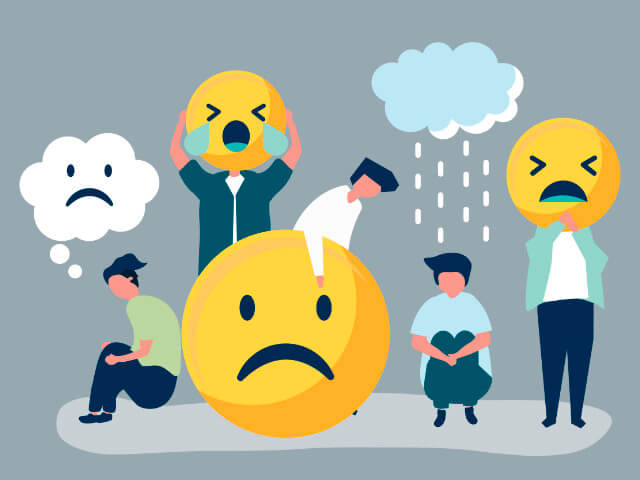If everyone in the world was vegan, how would that help Climate Change?
This is a great question as it highlights the important role of thinking about our food choices in responding to climate change. But if everyone in the world was vegan, that wouldn’t necessarily be the best way to help slow climate change because we would need a very large land area to grow enough crops. Cutting down trees to clear land for crops is not helpful for climate change because we need trees to help take carbon out of the air.
So instead of everyone in the world being vegan it would be better if everyone in the world reduced how much beef and lamb they ate to maybe once or twice a week or even less and for the rest of the time ate more chicken, fish or vegetarian meals. It is healthier for us to eat less red meat anyway and in Australia we already eat far more red meat than dieticians recommend. That is because we farm a lot of cattle here and our access to high quality and affordable meat is good.
Being vegan can be a much more environmentally sustainable way of eating if you are eating local (or home grown) produce, but it can have health implications for some people, especially children, so it is important to make the decision considering health as well. So the answer is yes, being vegan can really help to reduce emissions but the key part is being aware of what you are eating.

There are also other options to eat more sustainably. Eating food that you grow yourself is great. Do you have chickens at home? As well as eating more locally produced food, including meat. Trying to reduce waste from the food that you eat is also helpful. Eating kangaroo and wallaby is another great option for red meat! Have you tried wallaby? It is great on the BBQ or in a curry. So it is helpful for climate change and our health to reduce the amount of meat we eat, particularly red meat, but meat is still ok in small amounts. Thinking about what we are eating, how it was produced and where it is coming from and making choices that have less emissions is a really great way to help combat climate change.











